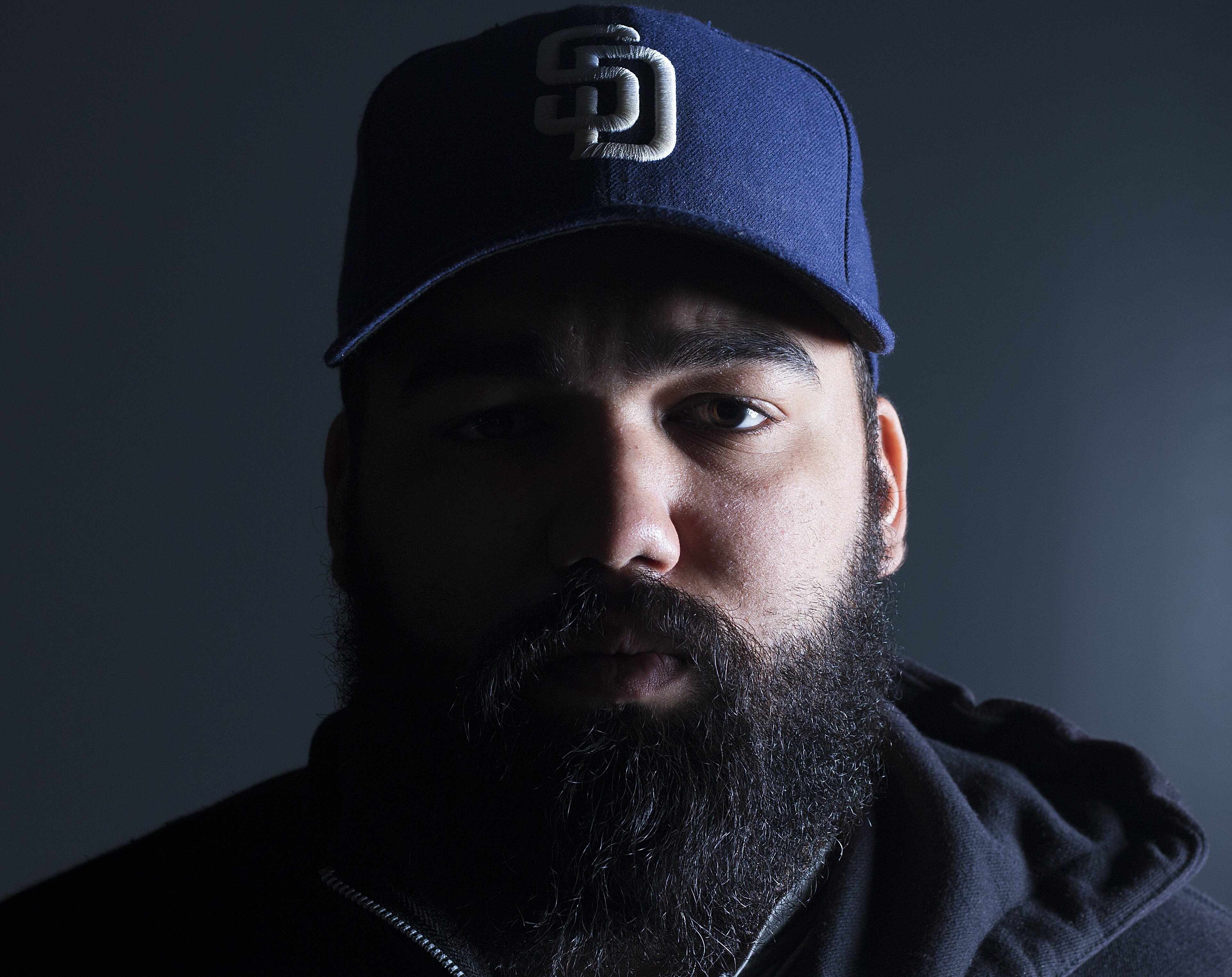As I sit in front of my TV at 6:30 on a Sunday morning, I can’t help but mumble to myself: “What the hell am I doing? This is my only day off work and school. I should be sleeping in.”
But then a singer begins to bellow out the National Anthem. The camera pans over to the Jacksonville Jaguars sideline. Then over to the Baltimore Ravens sideline. That’s when I remember.
We are just two days removed from the President of the United States calling Colin Kaepernick a “son of a bitch” for taking a knee during the National Anthem last season. Now, players from two of the teams once thought to be considering signing the former San Francisco 49ers star are kneeling and linking arms.
In later games, the Pittsburgh Steelers, Tennessee Titans and Seattle Seahawks remain inside the locker rooms during the anthem. The Oakland Raiders offensive line—the only all-Black offensive line in the NFL—and other players sit on the bench, arm in arm. As do hundreds of others around the league.
It’s one of the biggest days in sports history. However, I still worry.
I don’t worry that Colin Kaepernick will remain jobless through the rest of the season. (He won’t.) Nor do I worry that people will stop taking a knee. (They will.) No, instead, I worry that people will lose focus on the “why.”
Why Colin Kaepernick first took that knee in protest. Why Colin Kaepernick chose to donate his game checks to charities to help the communities of color. And why Colin Kaepernick continues to do work in those communities despite being dragged through the mud by a president who is expected to do the same.
Donald Trump is a master of creating confusion and chaos. We saw it during the election, and we see it now. He’s an egomaniac who takes every opportunity to make things about him and his white supremacist ideology.
So when he stood atop the podium in Alabama and said that Black people taking a knee is a “total disrespect of our heritage, a total disrespect of everything that we stand for,” he knew what he was doing. He knew what he was doing when he tweeted, “Tell them to stand!” the day before NFL players took the field. And he knew what he was doing when, after players kneeled and interlocked arms on the sidelines of Sunday’s morning games, he responded, “Standing with locked arms is good, kneeling is not acceptable.”
To Trump and most of his base, NFL players are merely property of billionaire owners and should do as they are told or else suffer the consequences. That’s why, when he uses words like “our heritage,” it’s a signal to his electoral base that if a player takes a knee, raises a fist or sits on a bench during the anthem, they are not American. A signal that tells his voters that the Black people who protest inequality should instead stay in their place and be thankful that they live in a country where, up until 1964, they weren’t legally considered equal to their white counterparts. An I’m-still-with-you signal to his white voters who, for one reason or another, felt oppressed during the eight-year tenure of America’s first Black president.
And just like that, the protest was hijacked by Trump. No longer was it about police killing Blacks at a faster rate than whites. No longer was it about a centuries-long oppression of people of color. No longer was it about dismantling a patriarchal society fueled by racism and white supremacy.
Instead, to Trump and his supporters, it immediately became about Blacks being disrespectful to a country that offers them opportunity and not oppression. It became about Blacks affronting soldiers who fought specifically for the flag players chose to kneel against, and not the Constitution that allows those players the freedom to do so. It became about protesting Donald Trump.
This was expected. As Colin Kaepernick said when reporters first learned of his protest, “This is bigger than football and it would be selfish on my part to look the other way. There are bodies in the street and people [are] getting paid leave and getting away with murder.”
So make no mistake: this isn’t about Donald Trump.
Players who kneel are not protesting a flag, a national anthem or the country’s soldiers. This is about Black players exercising their First Amendment right to free speech in order to protest a government they feel is directly targeting communities of color. It’s about fighting back against a system that would rather incarcerate people of color than educate them. And it’s about Black bodies being used and abused across the country while their oppressors suffer no consequences.







